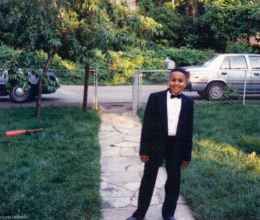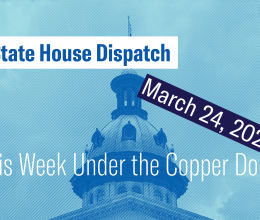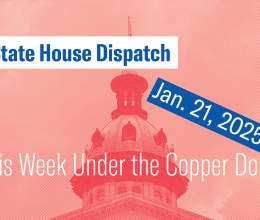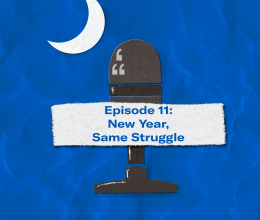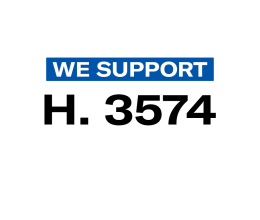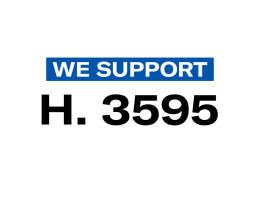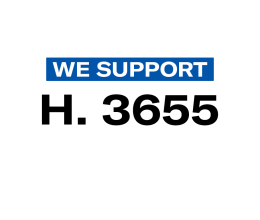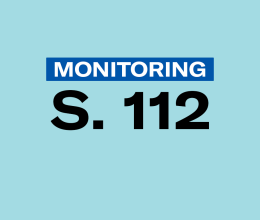
The Fourth Circuit Court of Appeals upheld a lower court decision that a pair of South Carolina laws that allowed elementary and secondary school students to be criminally charged for behaviors like cursing or acting in a “disorderly” or “boisterous” manner were unconstitutional. This win is another step in the continued push for justice and equity.
The laws failed to provide students notice of what behaviors might expose them to criminal charges and lacked sufficient safeguards to prevent arbitrary or discriminatory enforcement. These laws were enforced in a grossly discriminatory way against Black students and students with disabilities.
“We are very pleased with the court’s decision, which recognized that the challenged laws arbitrarily criminalized a wide range of common student behavior,” said Sarah Hinger, senior staff attorney in the Racial Justice Program at the American Civil Liberties Union. “As the court recognized, subjecting students to criminal penalties under such vague rules interferes with their education and their future, and produces stark racial disparities. This decision should be instructive to the many school districts across the country where students continue to be charged with ‘disorderly conduct’ and similar vague crimes.”
“This hard-fought legal victory must be accompanied by political action,” writes Allen Chaney, legal director of the ACLU of South Carolina. “In myriad ways, South Carolina is failing its children — by unfairly policing their hallways and classrooms, by attacking their teachers and administrators for following equitable practices, and by censoring their libraries and curricula. We can do better. We must do better."

